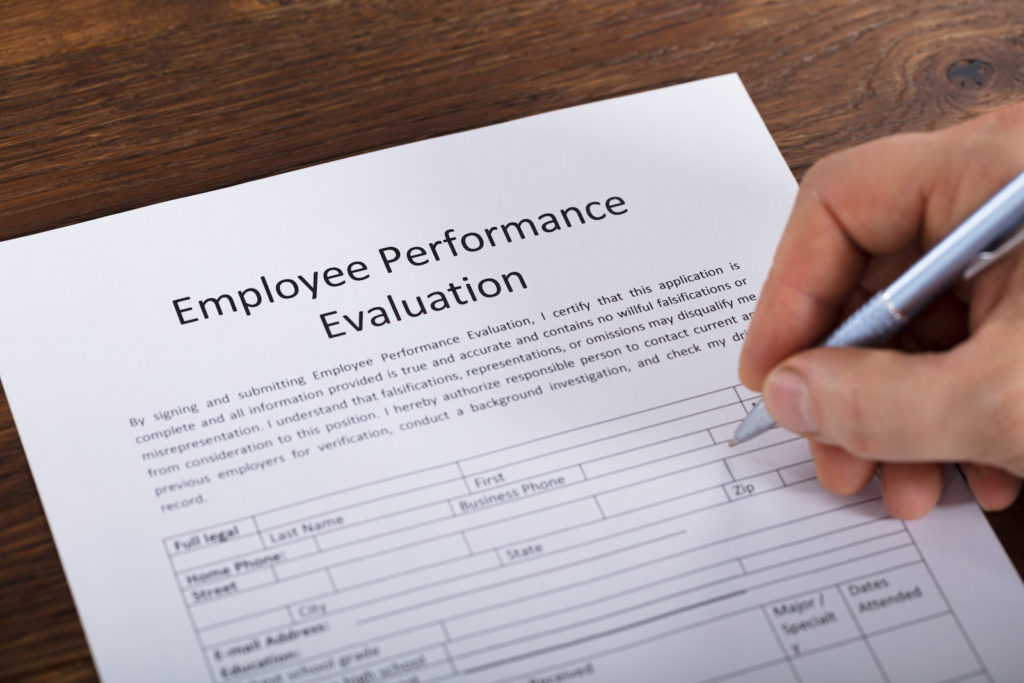
BY is the clinical administrator for a large multispecialty practice. As part of her role, BY handles clinical evaluations including annual employee reviews. During these reviews, each team member’s strengths and weaknesses are discussed. There is always time spent on what the employee does well and what needs to be improved. BY feels that these evaluations go well, but the physicians have noticed a negative change in the staff after the meetings occur. The partners realize that sometimes BY does not read social cues in appropriate ways. They decide to interview employees after their evaluations with BY. The partners discover that the delivery of the criticism comes across as harsh, and often employees feel that praise given for strengths was insincere. Many times, this resulted in employee performance worsening rather than improving.
Diagnosis:
Employees are not receiving constructive criticism
Clinical administrator is not listening actively or noticing others’ cues in difficult conversations
Feedback is being given once per year instead of continuously as real-time responses to learning opportunities
Recommendations:
- Make sure employees not only have annual reviews that include strengths and weaknesses but also that feedback is given in real-time whenever possible and throughout the year
- Make sure that the person conducting the evaluation is a positive leader within the practice who
- builds relationships with others
- listens actively
- is able to have difficult conversations
- and can appropriately provide constructive criticism
- Consider leadership training for anyone who gives formal performance reviews
- Consider post-review follow-up interviews with employees to make sure criticism is received in a constructive way and reviews serve a positive purpose of helping each team member grow
Remember that Leadership Requires Effective Active Listening and Leaders Have Difficult Conversations.
Follow us on Twitter, Facebook, and LinkedIn to be part of the conversation on leadership and medicine


